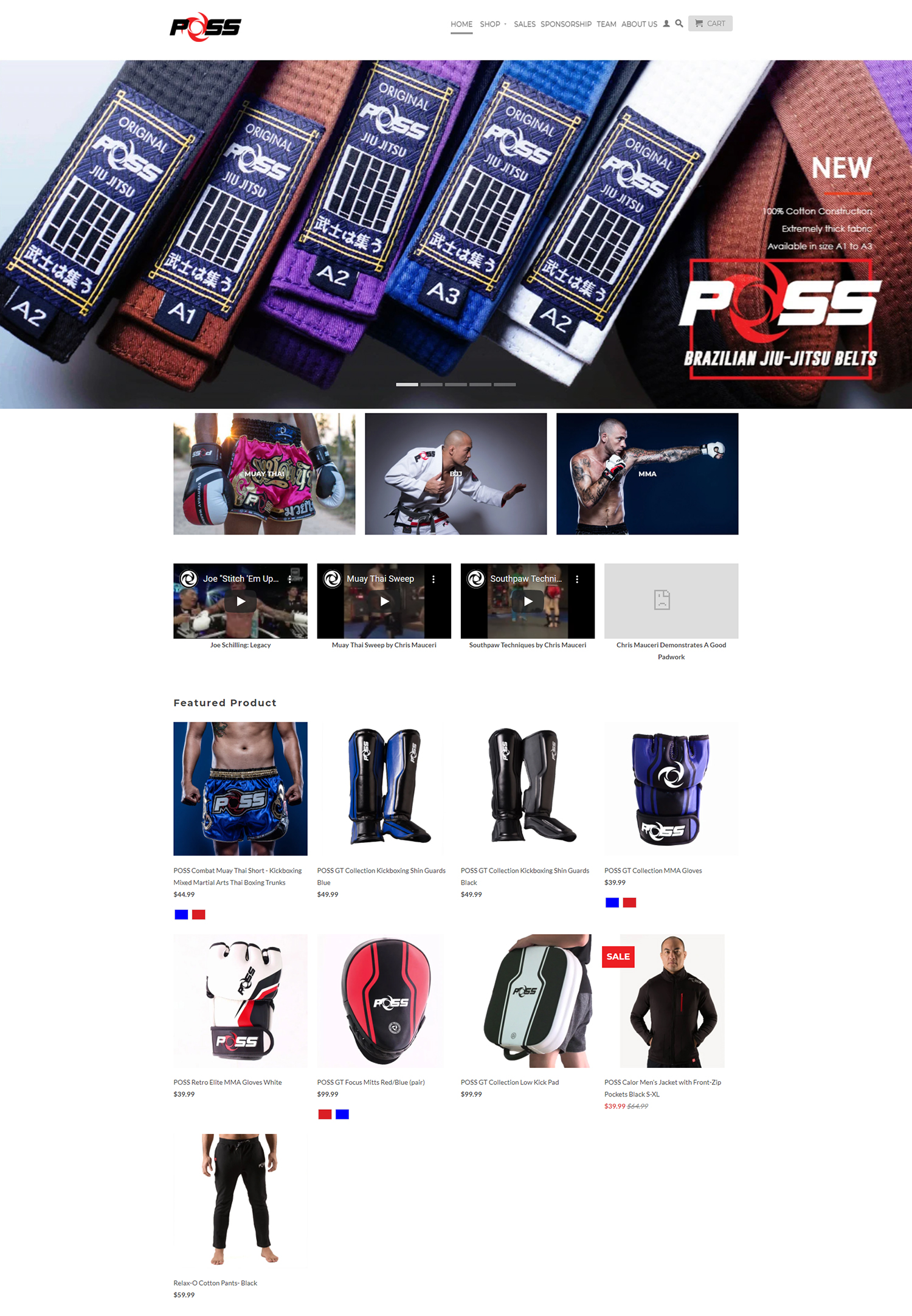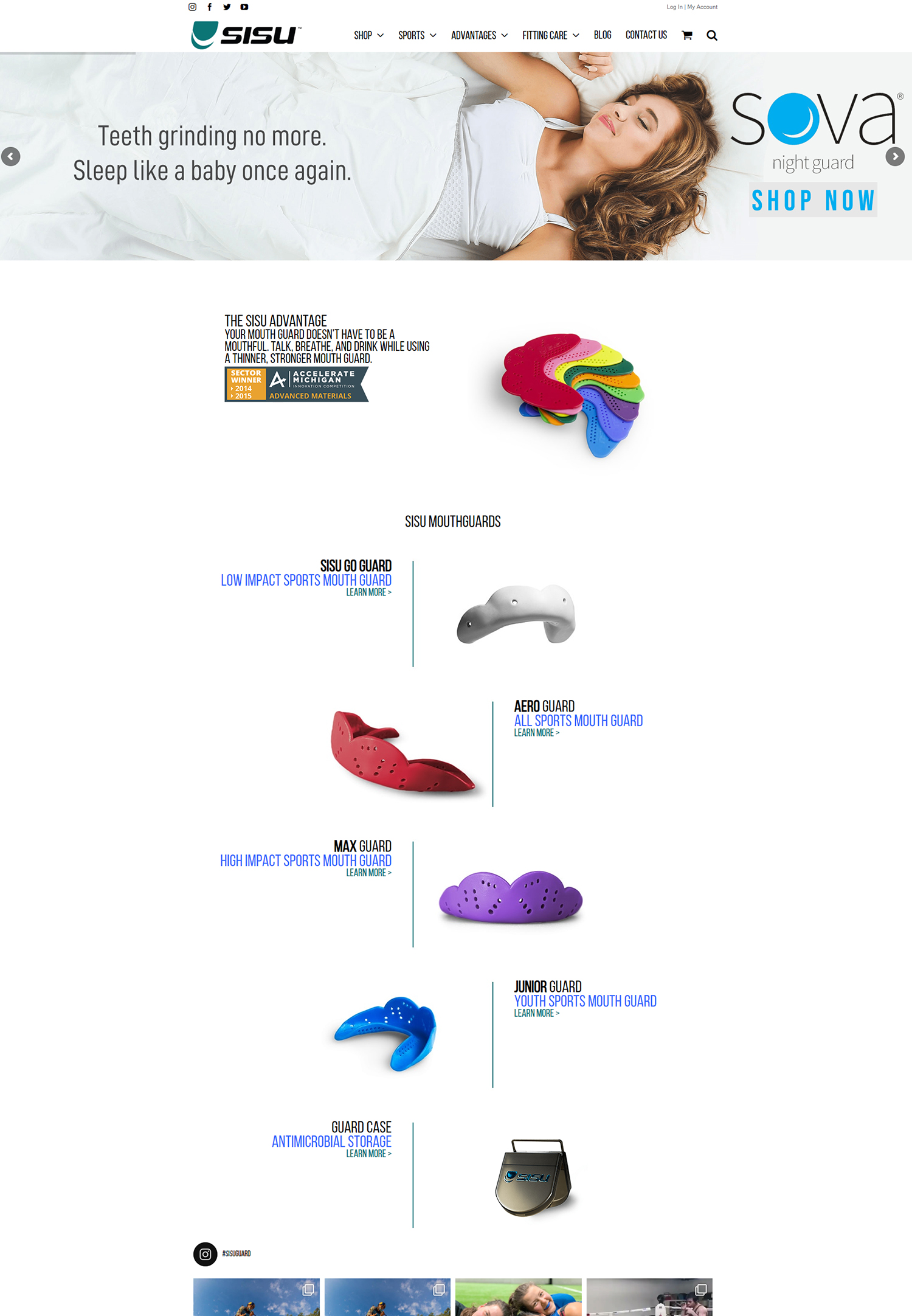As we delve into the realm of online marketing for lawyers, it becomes imperative to grasp the ethical guidelines that govern this practice. Legal professionals are bound by a set of rules that not only dictate how they can promote their services but also ensure that they maintain the integrity of the legal profession. These guidelines, often established by state bar associations, serve as a framework to protect clients and uphold the dignity of legal practice.
By understanding these ethical standards, we can navigate the complexities of online marketing while remaining compliant and trustworthy. The American Bar Association (ABA) has laid out specific rules regarding advertising and solicitation that we must adhere to. For instance, Rule 7.1 prohibits lawyers from making false or misleading communications about their services.
This means that any claims we make in our online marketing efforts must be substantiated and accurate. Additionally, we must be cautious about testimonials and endorsements, as these can easily cross the line into misleading territory if not handled correctly. By familiarizing ourselves with these ethical guidelines, we can create marketing strategies that not only attract clients but also reflect our commitment to ethical practice.
Key Takeaways
- Understanding the ethical guidelines for online marketing lawyers is crucial for maintaining professionalism and integrity in the legal profession.
- Transparency in online marketing for lawyers is essential for building trust with potential clients and avoiding misleading advertising practices.
- Navigating the rules and regulations of online advertising for legal services requires a thorough understanding of state bar rules and regulations.
- Best practices for online marketing lawyers include providing accurate and truthful information, avoiding solicitation, and respecting client confidentiality.
- Potential pitfalls to avoid in online marketing for lawyers include making false or misleading claims, using client testimonials improperly, and engaging in unauthorized practice of law.
- The future of online marketing for lawyers will likely involve increased use of social media, video content, and personalized marketing strategies, while also facing continued scrutiny from regulatory bodies.
The Importance of Transparency in Online Marketing for Lawyers
Building Trust through Transparency
When potential clients visit our websites or social media profiles, they should be able to easily find information about our qualifications, areas of expertise, and the services we offer. This level of transparency fosters trust and encourages prospective clients to reach out for assistance.
Going Beyond Information
Moreover, transparency extends beyond just providing information about our services; it also involves being upfront about fees and potential outcomes. Clients appreciate knowing what to expect, both in terms of costs and the likelihood of success in their legal matters.
Enhancing Reputation and Building Relationships
By clearly outlining our fee structures and any potential risks associated with their cases, we demonstrate our commitment to ethical practice and client satisfaction. This approach not only enhances our reputation but also helps build long-lasting relationships with clients who feel informed and valued.
Navigating the Rules and Regulations of Online Advertising for Legal Services
Navigating the intricate web of rules and regulations surrounding online advertising for legal services can be daunting. Each state has its own set of regulations that govern how lawyers can advertise their services, and these rules can vary significantly. As we embark on our online marketing journey, it is crucial to familiarize ourselves with these regulations to avoid potential pitfalls that could jeopardize our practice.
For instance, some states have strict guidelines regarding the use of social media for advertising purposes. In certain jurisdictions, lawyers may be prohibited from engaging in direct solicitation through platforms like Facebook or LinkedIn. Additionally, we must be mindful of the content we share online; any promotional material must comply with the ethical standards set forth by our state bar association.
By staying informed about these regulations, we can develop marketing strategies that are not only effective but also compliant with the law.
Best Practices for Online Marketing Lawyers: Tips for Staying Compliant
| Best Practices for Online Marketing Lawyers | Tips for Staying Compliant |
|---|---|
| 1 | Understand and comply with advertising rules set by the state bar association |
| 2 | Ensure all online content is accurate and not misleading |
| 3 | Include disclaimers where necessary, especially in social media posts and advertisements |
| 4 | Be mindful of client confidentiality and privacy when using online marketing strategies |
| 5 | Regularly review and update online marketing materials to reflect any changes in laws or regulations |
To ensure that our online marketing efforts remain compliant with ethical guidelines and regulations, we can adopt several best practices. First and foremost, we should prioritize creating high-quality content that provides value to our audience. By sharing informative articles, blog posts, or videos that address common legal questions or concerns, we position ourselves as knowledgeable professionals who genuinely care about helping others.
This approach not only enhances our credibility but also attracts potential clients who are seeking reliable legal advice. Another best practice involves regularly reviewing and updating our marketing materials to ensure they align with current regulations. As laws and guidelines evolve, it is essential to stay abreast of any changes that may impact our advertising strategies.
We can achieve this by subscribing to updates from our state bar association or joining professional organizations that provide resources on legal marketing compliance. By being proactive in this regard, we can mitigate risks and maintain a strong ethical foundation in our online marketing efforts.
Potential Pitfalls to Avoid in Online Marketing for Lawyers
While online marketing offers numerous opportunities for lawyers to connect with potential clients, it also presents several pitfalls that we must be cautious to avoid. One common mistake is making exaggerated claims about our success rates or expertise. While it may be tempting to showcase our achievements in a way that captures attention, doing so can lead to ethical violations and damage our reputation if those claims cannot be substantiated.
Instead, we should focus on presenting our qualifications honestly and transparently. Another potential pitfall lies in neglecting client confidentiality in our marketing efforts. Sharing case studies or testimonials without obtaining explicit consent from clients can lead to serious ethical breaches.
We must always prioritize client privacy and ensure that any information shared publicly is done so with their permission. By being vigilant about these potential pitfalls, we can safeguard our practice and maintain the trust of our clients.
The Future of Online Marketing for Lawyers: Trends and Considerations
As we look ahead to the future of online marketing for lawyers, several trends and considerations come into play. One significant trend is the increasing reliance on digital platforms for client engagement. With more individuals turning to the internet for legal assistance, it is essential for us to establish a strong online presence through well-designed websites, active social media profiles, and engaging content.
Embracing technology will not only enhance our visibility but also allow us to connect with clients in meaningful ways. Additionally, the rise of artificial intelligence (AI) and data analytics is transforming how we approach online marketing. By leveraging AI tools, we can gain insights into client behavior and preferences, enabling us to tailor our marketing strategies more effectively.
However, as we embrace these technological advancements, we must remain vigilant about ethical considerations surrounding data privacy and security. Striking a balance between innovation and compliance will be crucial as we navigate the evolving landscape of online marketing for lawyers. In conclusion, understanding the ethical guidelines for online marketing is essential for lawyers seeking to promote their services effectively while maintaining integrity.
By prioritizing transparency, navigating regulations diligently, adopting best practices, avoiding common pitfalls, and embracing future trends, we can position ourselves as trusted legal professionals in an increasingly digital world. As we continue to adapt to the changing landscape of legal marketing, let us remain committed to upholding the highest ethical standards while serving our clients with excellence.
If you’re a lawyer looking to enhance your online marketing strategies, it’s crucial to understand the various avenues through which you can expand your digital presence and attract more clients. A related article that might be of interest discusses effective business strategies that can be applied specifically to legal professionals. You can read more about these tailored strategies by visiting this link, where you’ll find insights into optimizing your online marketing efforts to better reach your target audience and grow your practice.
FAQs
What is online marketing for lawyers?
Online marketing for lawyers refers to the use of digital channels and strategies to promote law firms and legal services. This can include tactics such as search engine optimization (SEO), pay-per-click (PPC) advertising, content marketing, social media marketing, and email marketing.
Why is online marketing important for lawyers?
Online marketing is important for lawyers because it allows them to reach a wider audience, build brand awareness, and attract potential clients. With more people turning to the internet to find legal services, having a strong online presence is crucial for law firms to stay competitive.
What are some effective online marketing strategies for lawyers?
Some effective online marketing strategies for lawyers include creating a professional website, optimizing for local search, producing high-quality content, engaging on social media, and utilizing online advertising platforms such as Google Ads and Facebook Ads.
How can lawyers measure the success of their online marketing efforts?
Lawyers can measure the success of their online marketing efforts by tracking key performance indicators (KPIs) such as website traffic, conversion rates, lead generation, and return on investment (ROI). Tools like Google Analytics and marketing automation software can help in tracking and analyzing these metrics.
Are there any ethical considerations for online marketing for lawyers?
Yes, there are ethical considerations for online marketing for lawyers, as they are bound by rules of professional conduct and advertising regulations set by bar associations and state laws. It’s important for lawyers to ensure that their online marketing efforts comply with these ethical guidelines.






























